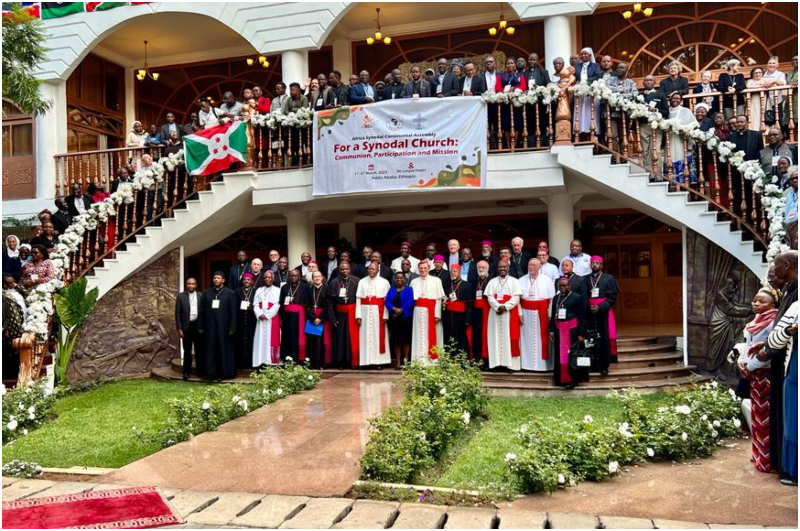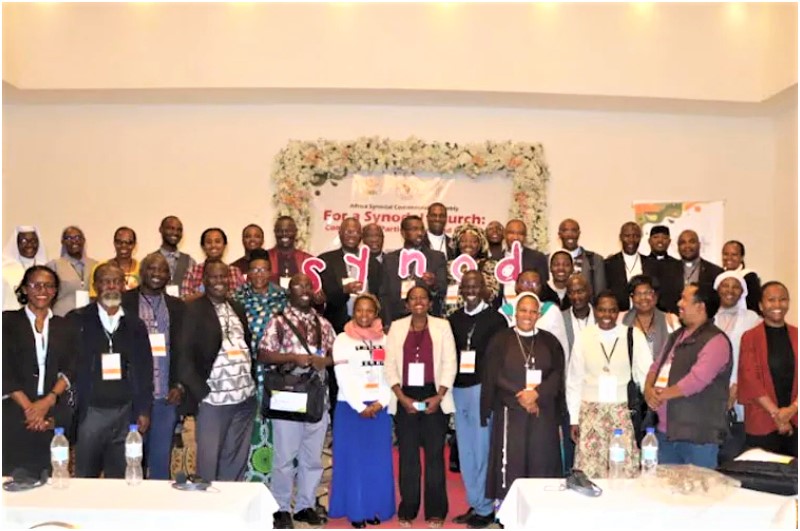

In a move to deepen the engagement in the ongoing preparations for the Synod on Synodality, the African Synodality Initiative (ASI) is seeking to constitute a team of experts who will be empowered with skills to grow the spirit of synodality in places that have been left behind in synodal conversations.
In a move to deepen the engagement in the ongoing preparations for the Synod on Synodality, the African Synodality Initiative (ASI) is seeking to constitute a team of experts who will be empowered with skills to grow the spirit of synodality in places that have been left behind in synodal conversations.
ASI, a partnership between the Jesuits Conference of Africa and Madagascar (JCAM), the Symposium of the Episcopal Conferences of Africa and Madagascar (SECAM), and the Association of Member Episcopal Conferences in Eastern Africa (AMECEA), has scheduled a two-day symposium to take place in Nairobi next week, during which the Synodality Resource Team (SRT) will be constituted.
The three Catholic entities have been working together to generate ideas and resources to support local churches in Africa as they seek to fruitfully and constructively engage in the synodal process.
In a note ASI Program Coordinator shared with ACI Africa ahead of the March 15-16 symposium to be held at Africama House, JCAM headquarters in Nairobi, Kenya, ASI members observe that the entity was moving towards sustaining the spirit of synodality “as a habitual way of proceeding in the Church”, among other objectives of its second stage of engagement.
“One of the lessons from Phase I of ASI was the realization that the formation of leaders in a synodal style of leadership is critical to the success of the overall goal of becoming a synodal Church. The experience also revealed some unfamiliarity of the synodal process, experience, and pedagogy among some episcopal, religious and lay leaders,” ASI members say in the note that Caroline Kavita shared.
They add, “As we move into Phase 2 of ASI, we would like to convene and create spaces for synodal encounters in order to… engage critical sections of the Church in the spirit and practice of synodality.”
ASI members also plan to empower critical sections of the Church to contribute to ongoing Synodal process. Empowered Church leaders will then become resource persons for formation in what ASI describes as a “synodal style of leadership”.
ASI members hope to see a Church that adopts the spirit of synodality as a habitual way of life.
With this in mind, ASI will be constituting the SRT, a team that will serve as facilitators, champions, and trainers of trainers. These will include women Religious, lay theologians, Bishops, members of the Clergy, and youth.
SRT will be available in small teams “to animate and facilitate various sessions for groups that are hard to reach and/or which need greater attention and support to grow in the spirit of Synodality,” ASI members say in the note shared with ACI Africa.
Additionally, the small teams will facilitate sessions of formation in leadership and create a shared space of synodal encounters for Bishops, theologians, and laity.
The Bishops, theologians, and laity will be empowered to reflect together about how to live and lead in a synodal Church.
ASI members plan to conduct pilot formation in Synodality programs, starting with Seminarians and seminary professors and formators.
Three major Seminaries in AMECEA regions will be selected to participate in the pilot formation of leaders.
Also in the pilot formation, Episcopal and pastoral leaders of AMECEA in collaboration with the AMECEA Secretariat and Secretariat for the Synod of Bishops will be brought on board.
Sharing activities of the March 15-16 preparatory, planning, and mapping session scheduled to be held in Nairobi, ASI members say, “We will attempt to conceptualize and design training modules and map out the areas to be covered by the resource team.”
Separate pilots for Bishops, Seminarians and women and men Religious will be designed during the symposium to be held at the JCAM headquarters in Nairobi.
Source ACI AfricaRelated Articles
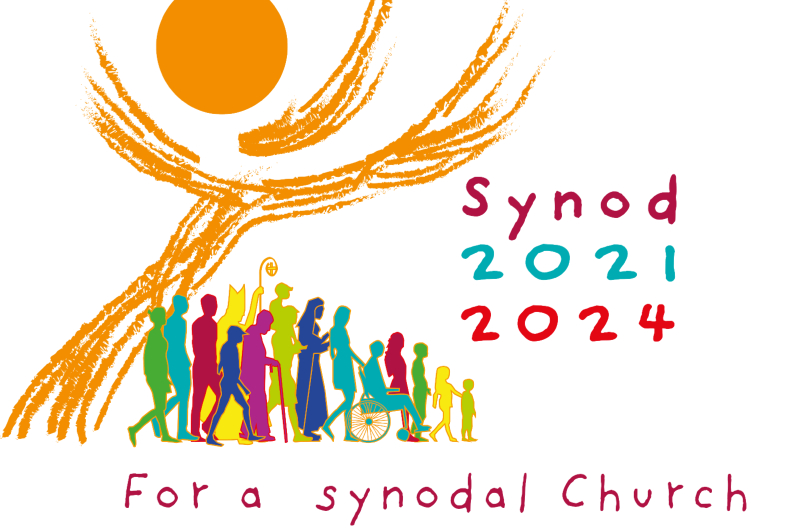
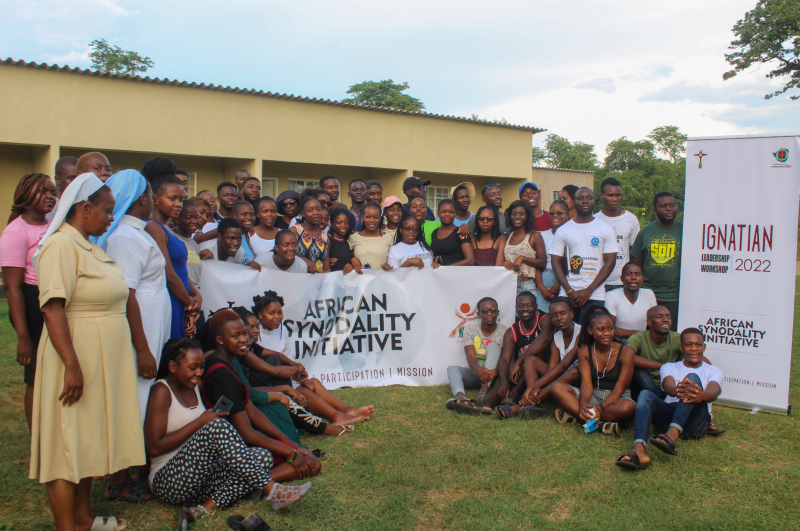
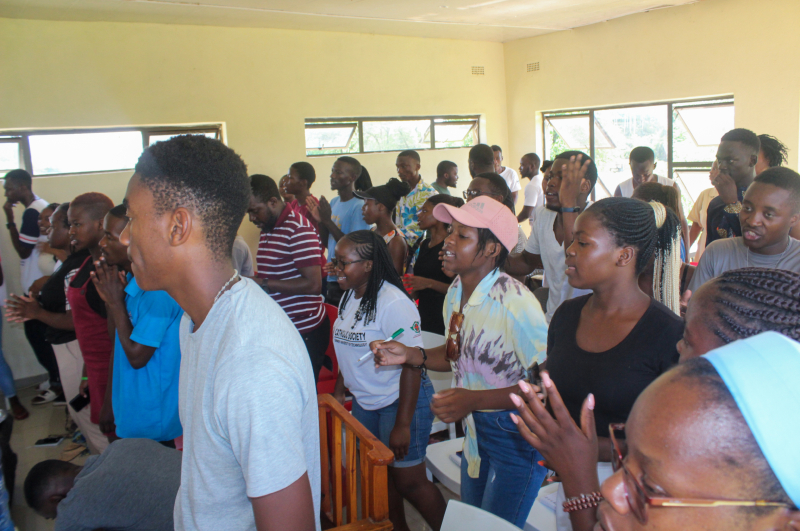
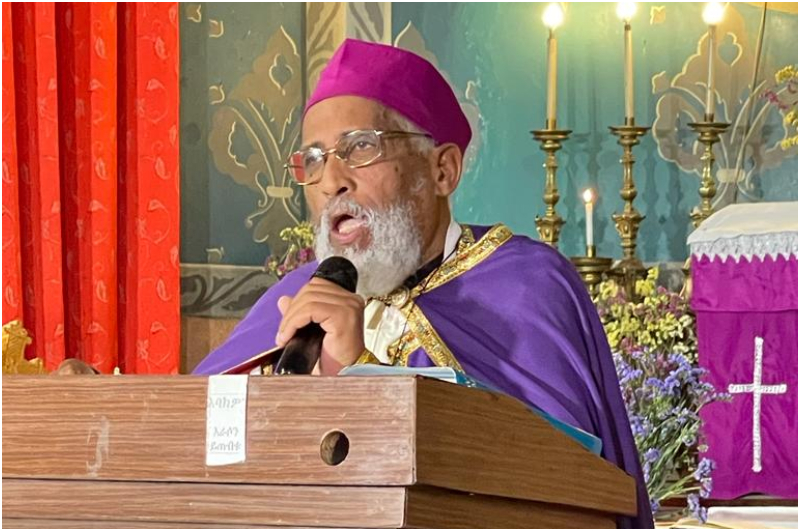


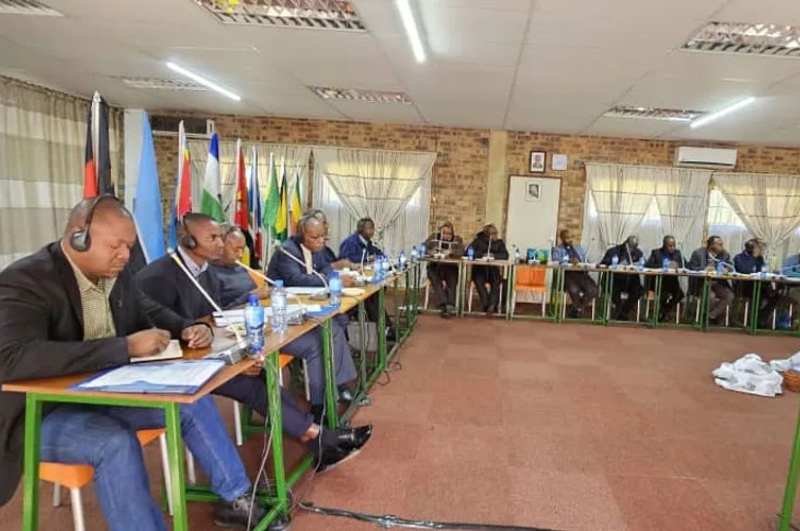
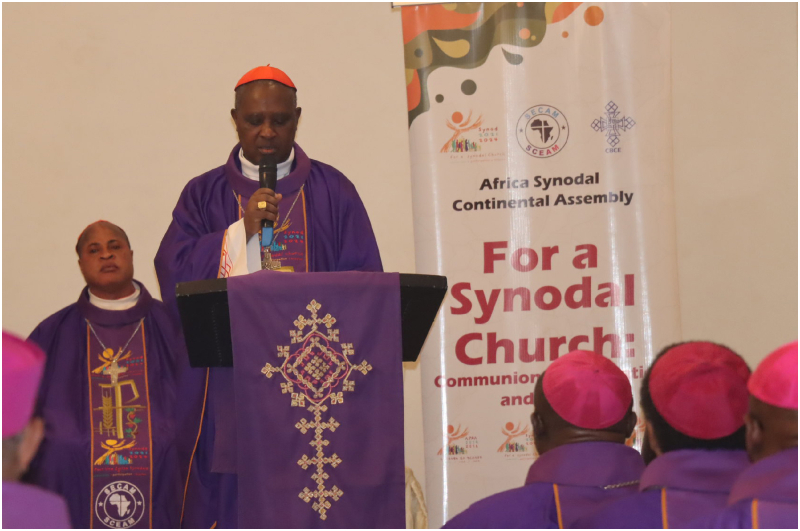
Select Payment Method
Pay by bank transfer
If you wish to make a donation by direct bank transfer please contact Fr Paul Hamill SJ treasurer@jesuits.africa. Fr Paul will get in touch with you about the best method of transfer for you and share account details with you. Donations can be one-off gifts or of any frequency; for example, you might wish to become a regular monthly donor of small amounts; that sort of reliable income can allow for very welcome forward planning in the development of the Society’s works in Africa and Madagascar.
Often it is easier to send a donation to an office within your own country and Fr Paul can advise on how that might be done. In some countries this kind of giving can also be recognised for tax relief and the necessary receipts will be issued.


